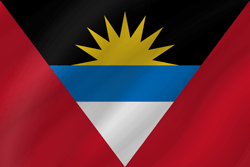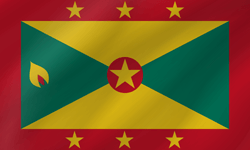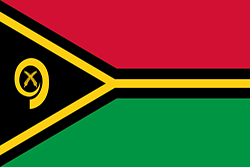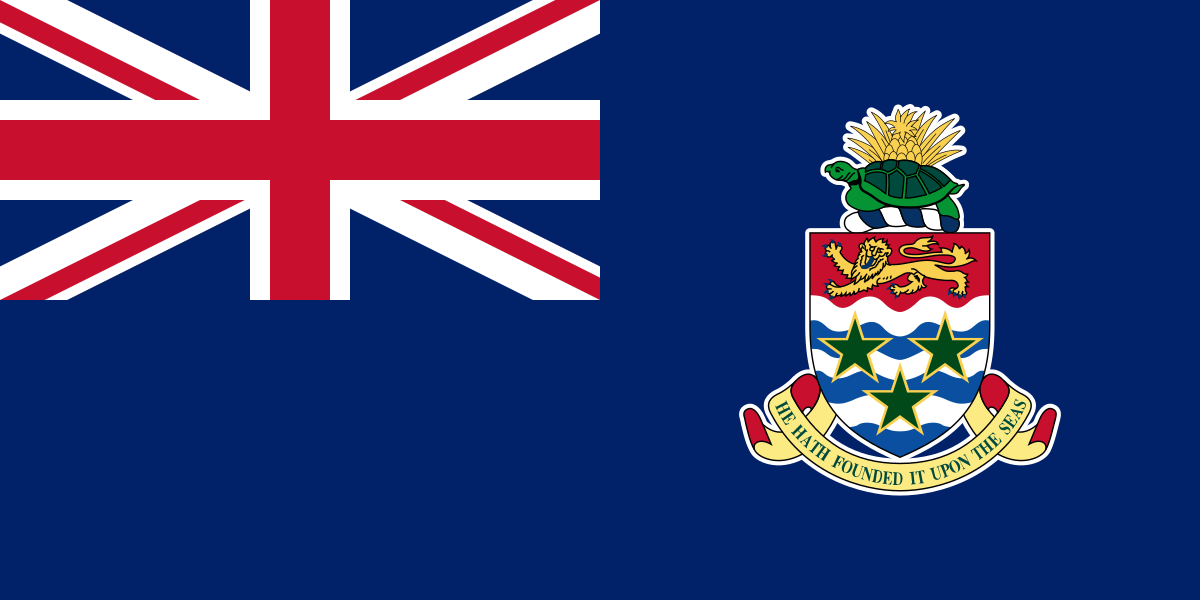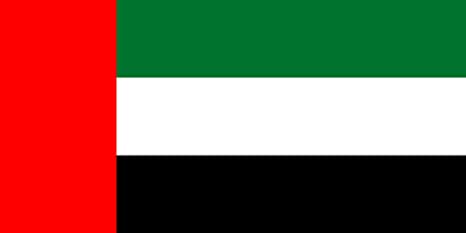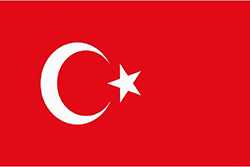Historically, the term ‘international migration’ has involved citizens of one country travelling across borders, whether to source better employment or education opportunities, start a business, or even to reunite with family.
The Organization of Eastern Caribbean States, or OECS, changes that definition by eliminating the need for cross-border migration by providing mobility opportunities for its citizens within the region. This passive and free movement was made possible through agreements within the OECS and Caribbean Community (CARICOM).
The OECS is an international organization that is aimed at protecting rights of citizens, the economy, and governance of countries in the Eastern Caribbean. The OECS was established in 1981 through the Treaty of Basseterre, where seven Eastern Caribbean countries signed the treaty to promote solidarity.
Now, the OECS has eleven member states throughout the Eastern Caribbean. In pursuit of the objectives of the Economic Union, member states have harmonized their economic policies, including those on agriculture, tourism, trade, education, social development, environmental stability, technology, and the services industry. The OECS also promises to protect its borders using a combination od regional institutions and a coordinated border control system.
The Free Movement of Persons is widely recognized as a way to stimulate the economy within the Eastern Caribbean Economic Union. The Freedom of Movement is a right for all citizens of the Organization of Eastern Caribbean States, specifically including citizens of Antigua and Barbuda, Dominica, Grenada, Saint Kitts and Nevis, Saint Lucia and Saint Vincent and the Grenadines. This right allows the citizens to live and work in any of these member states without restriction, as guaranteed under the Revised Treaty of Basseterre in 2011 and ratified by laws of each party state.
The program is an innovative solution to bolstering the Caribbean economy and rights of its citizens by encouraging intraregional migration. Any OECS citizens who decide to move to another member state will be granted entry into the country for an indefinite period. There are no requirements for entry other than having a national ID, such as proving financial capacity, or having a return ticket.
The Free Movement of Persons can also combat future demographic issues of an aging population by allowing those to create economic opportunities in other states to increase the quality of life of their home state through repatriation.
A complete picture of the advantages afforded by this program is not yet fully understood. Future improvement in data collection and an ability to track the movement of individuals across the Caribbean is necessary to fully analyze its success. However, the program undoubtedly provides an innovative solution to bolstering the Caribbean economy and rights of its citizens by encouraging intraregional migration.
Important Disclaimer: This article is for information purposes only and does not constitute legal advice. Information in this article can change at any time without notice. JH Marlin is not responsible for any inaccuracies of information in this article or on this website.




